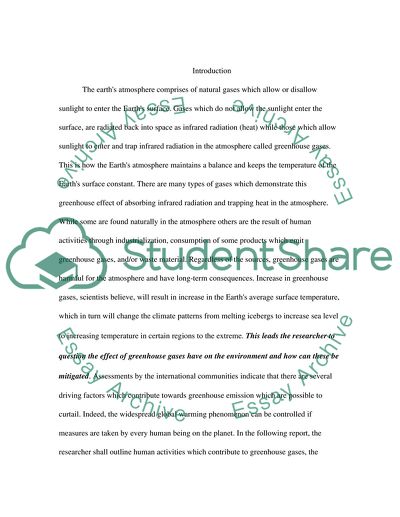Cite this document
(Human Activities that Contribute to Greenhouse Gases and Climate Book Report/Review, n.d.)
Human Activities that Contribute to Greenhouse Gases and Climate Book Report/Review. Retrieved from https://studentshare.org/environmental-studies/1722535-describe-the-human-activities-that-contribute-to-green-house-gases
Human Activities that Contribute to Greenhouse Gases and Climate Book Report/Review. Retrieved from https://studentshare.org/environmental-studies/1722535-describe-the-human-activities-that-contribute-to-green-house-gases
(Human Activities That Contribute to Greenhouse Gases and Climate Book Report/Review)
Human Activities That Contribute to Greenhouse Gases and Climate Book Report/Review. https://studentshare.org/environmental-studies/1722535-describe-the-human-activities-that-contribute-to-green-house-gases.
Human Activities That Contribute to Greenhouse Gases and Climate Book Report/Review. https://studentshare.org/environmental-studies/1722535-describe-the-human-activities-that-contribute-to-green-house-gases.
“Human Activities That Contribute to Greenhouse Gases and Climate Book Report/Review”, n.d. https://studentshare.org/environmental-studies/1722535-describe-the-human-activities-that-contribute-to-green-house-gases.


